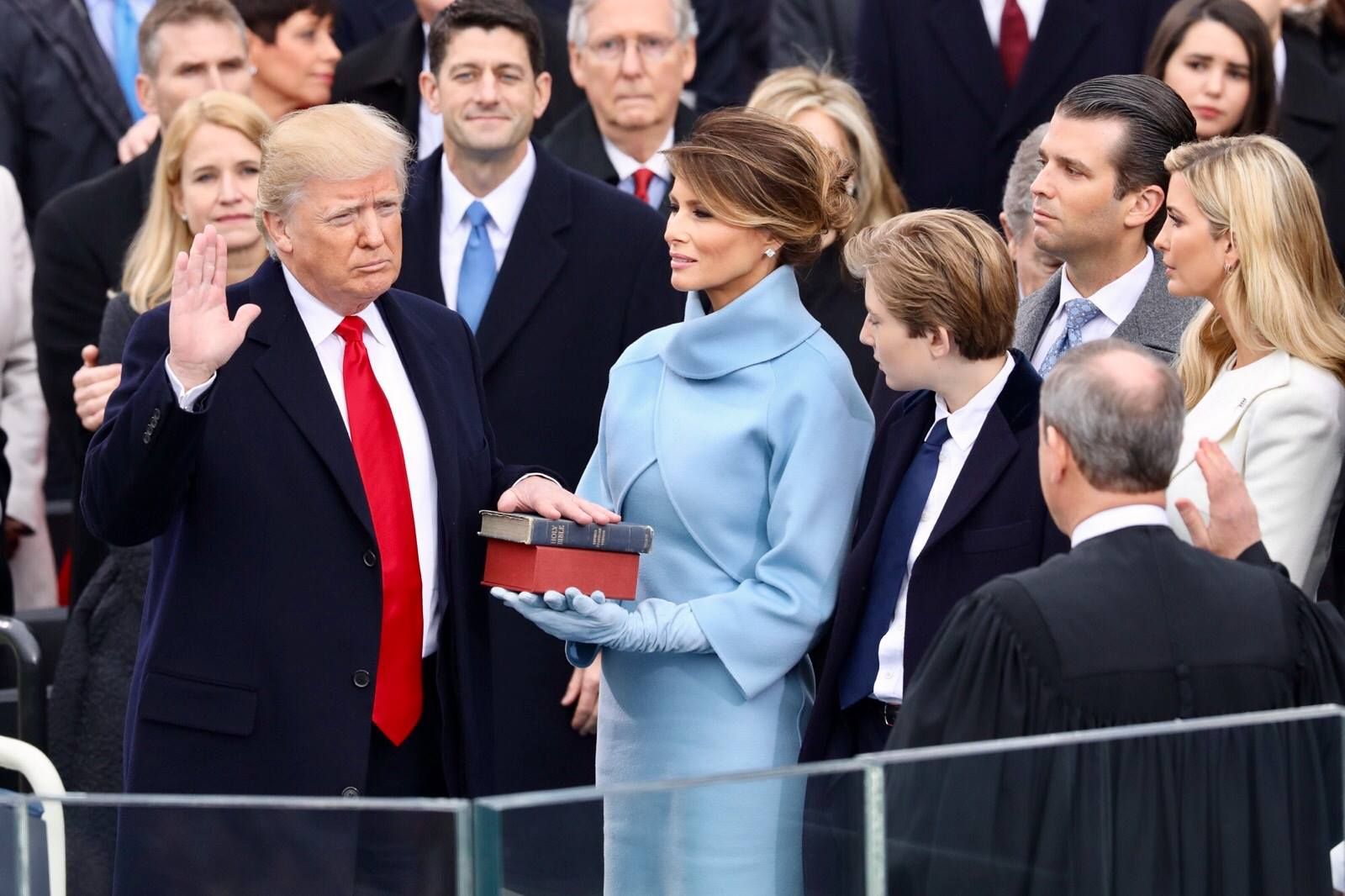Views expressed in opinion columns are the author’s own.
The administrative state — the leviathan of administrative agencies such as the Agriculture and Homeland Security departments, generally created and given lawmaking powers by Congress but run by the executive — is a favorite boogeyman of the pro-Donald Trump right.
In February 2017, Steve Bannon, architect of the Trump campaign, promised the administration would focus on the “deconstruction of the administrative state.” In a 2016 article titled “After the Republic,” Claremont Institute fellow Angelo Codevilla wrote that “Americans … no longer live politically” but are “ruled administratively according to scientific knowledge.” And a 2017 article by Deion Kathawa for the Center for American Greatness argues along the same lines that the Trump administration is mostly concerned with the American people’s ability to “chart their own political destiny unencumbered by … the administrative state.”
Yet the recent government shutdown over funding a border wall reveals this objection is not serious. Trump has threatened to secure funding for the wall via emergency declaration, if Congress will not fund it through normal procedure. The temporary agreement that reopened the government for three weeks did not resolve this. In his speech announcing the deal, Trump once again implied he could use an emergency declaration, and many congressional Republicans have indicated they’d be OK with that.
In an article for the right-wing website American Greatness, John Eastman lays out the case that Trump has this power. The argument is simple enough: the National Emergencies Act of 1976 grants the president the power to declare a national emergency and gives authority to the Defense Secretary to allocate their department’s funds for construction as they see fit.
In other words, the NEA transfers congressional power to allocate funds to an executive agency, the Defense Department. This is precisely the kind of law that an opponent of the administrative state would need to attack; shifting powers from Congress to the executive is exactly what defines the administrative state.
But instead of attacking this proposal, the same pro-Trump conservatives who claim to loathe the administrative state have rallied behind it. In another American Greatness article, for instance, Codevilla laments Trump’s “self-humiliating surrender to the ruling class, despite his possession of full power to trump that class by declaring the national emergency.”
As Eric Posner and Adrian Vermeule argue in their 2010 book, The Executive Unbound, emergency action is in fact a major way the administrative state expands. Based on the writing of Carl Schmitt, Posner and Vermeule posit that “[o]nly the executive is institutionally capable of reacting with sufficient speed and force.” This is especially true in times of crisis.
There’s no way around it, either. Congress is made up of 535 voting members, and at least 269 of them must agree for anything to happen. By contrast, the executive branch is under the control of one person. New rules must filter through the bureaucracy, but with the arguable exception of a few “independent” agencies — which in practice must cooperate heavily with the other agencies — the president can make the bureaucracy comply through hiring and firing. Nobody can make Congress agree on something.
I don’t really care about catching Republicans in hypocrisy here. My point is that arguments about the administrative state are a diversion that nobody takes seriously when they think they can win on the merits of a policy instead. The administrative state is a necessary component of a government that deals with modern problems effectively, and is not in itself oppressive.
What matters is the quality of the policies being enacted. Questions about the legitimacy of the “administrative state” only come up when Republicans don’t think the administrative state is making good policies. As Trump just showed us, this isn’t a serious argument, and we shouldn’t regard it as such.
John-Paul Teti is a senior computer science major. He can be reached at jp@jpteti.com.



